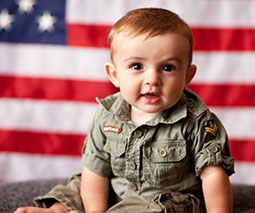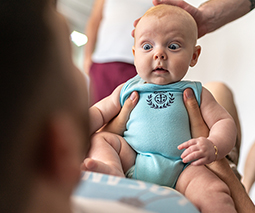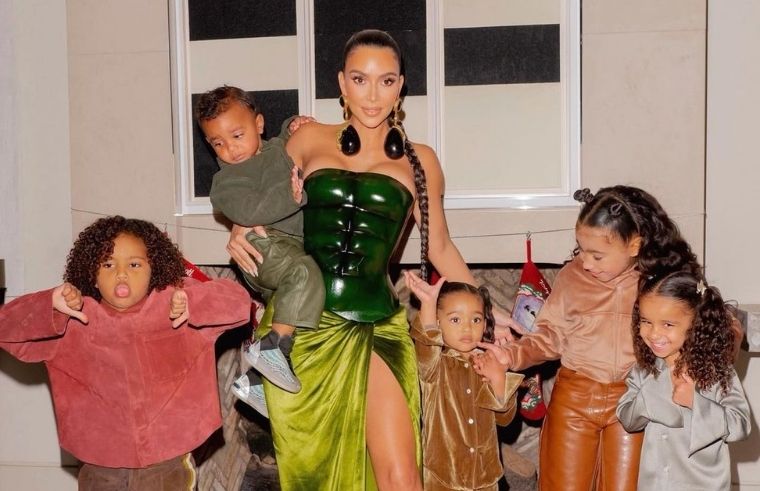Parents are using ‘boys’ names’ for their daughters … but there’s a problem
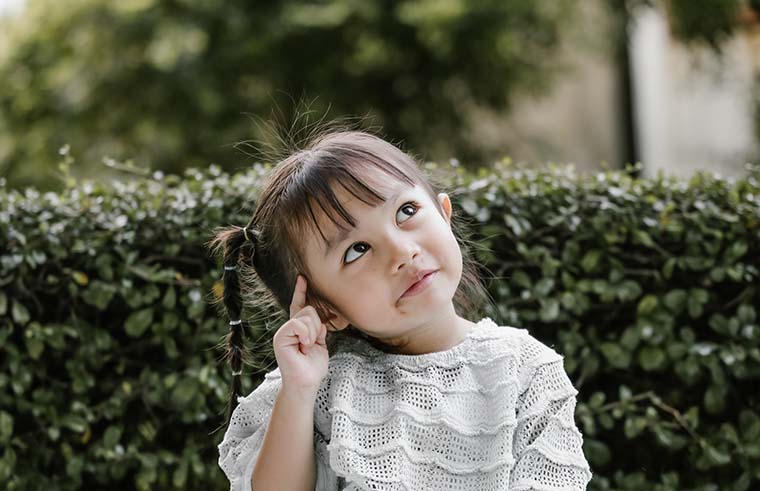
Some parents are now pushing back against the perception that certain names are for certain genders, but this loosening up of stereotypes doesn’t seem to be going both ways.
A radical trend
Although the notion of naming a little girl Ezra, Maxwell or Noah is becoming more and more popular, there are very, very few traditional ‘girls’ names’ given to little boys.
Nameberry’s Pamela Redmond Satran says names traditionally thought of as masculine are indeed being given to lots of little girls, sparking a very robust trend.
Other names that Nameberry’s Pamela says are roaring up the charts for girls – but were previously mostly given to boys – include:
- Palmer
- Ezra
- Noah
- August
- Chandler
- Jude
- Luca
- Ira
- Maddox
Her analysis suggests “an overall radical increase in the number of girls getting these names”. But while it might seem like a revolution, the fact that we’re not seeing boys with girls’ names suggest that gender stereotypes – when it comes to naming babies, at least – can only be thrown off if you’re a girl.
For girls, names that are perceived as masculine or not overtly feminine are thought to be adopted because they might herald powerful girls who are “strong” and “cool”. For little boys, however, the chances of being given a ‘girl’s name’ are almost next to none.

Girls-only revolution
Joe Pinsker, writing for The Atlantic confirmed that, in stark contrast to the trend for ‘boys’ names for girls, fewer than 17 little boys were given a ‘girl’s name’ in 2017 (and that the figure might even be a little inflated.)
“When I looked at government data myself,” Joe said, “I found that there was a conspicuous trend: Two of the most popular boys’ names in 2017, Noah and James, were given to 170 girls and 77 girls, respectively, that year. But the number of little boys given one of 2017’s top 10 girls’ names was as low as six and no higher than 17, which is so small that it might reflect errors in birth records.”
Fast-forward to 2021 and masculine baby names like Mackenzie and Billie are topping the girl’s list at 51 and 52 respectively, with Quinn not far behind at 82. Meanwhile, the closest the boy’s list gets to a feminised name in 2021 is Ali, at 89. Though it is traditionally short for Alison, it’s also the surname of the late champion boxer, Muhammad Ali, so it’s arguably gender neutral.
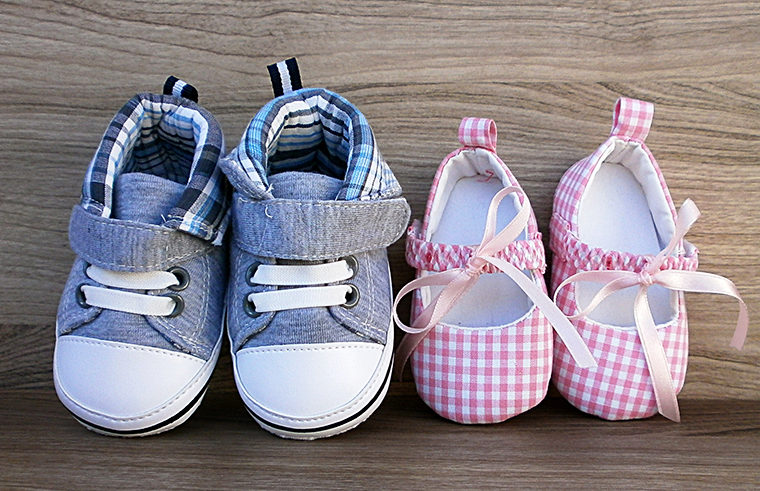
It says a lot that in 2021 we’re happy to have ‘masculinely-named’ girls, but ‘femininely-named’ boys are nowhere near as desirable. What is that about? Perhaps the answer might lie in this quote, from The Cement Garden, a novel written by the same man who wrote Atonement, Ian McEwan.
“Girls can wear jeans and cut their hair short and wear shirts and boots because it’s okay to be a boy; for girls it’s like promotion. But for a boy to look like a girl is degrading, according to you, because secretly you believe that being a girl is degrading.”
It may be, that in our society, we still consider girls with ‘boy’ names to be strong, and therefore, boys with ‘girl’ names to be, somehow, weak.
Shaking up stereotypes
In recent years, a raft of celebrity mums have garnered attention for naming their daughters traditionally ‘boy’ names, like James, (Blake Lively) Lincoln, (Kirsten Bell) Hayes (Jessica Alba) Wyatt, (Mila Kunis) Raddix, (Cameron Diaz) and Maxwell (Jessica Simpson). But, yet again, the reverse has yet to be adopted in the celebrity universe.
What’s equally fascinating, perhaps, is that the names we consider feminine today, such as Ashley, Shannon and Shirley, were once all boy’s names. But these names were used so much in the naming of girls that they fell out of fashion.
Which makes you think, that one day soon, maybe the ‘gender’ of a name won’t matter at all.
 Need some support to be the best parent you can be? Our Parent School parent coaching experts can help. Click to find out more or book a one-on-one session.
Need some support to be the best parent you can be? Our Parent School parent coaching experts can help. Click to find out more or book a one-on-one session.



